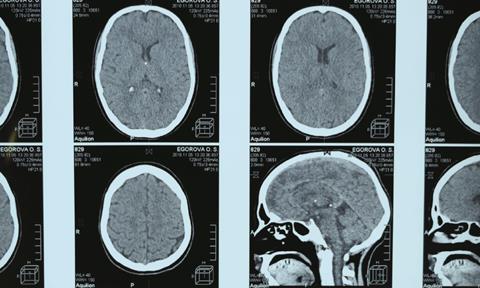
Anyone who has studied theology understands how much of a challenge it can be to your faith. I arrived at university, many years ago, having grown up in conservative evangelicalism and having had little reason – or opportunity – to question its theological teachings. So when I began my study, naive and bright eyed, I immediately found my faith in freefall. It was like everything I had ever known about the Bible and Jesus was upended.
After a few months of turmoil, I reconciled myself with the idea that God was big enough to handle questions around cosmology and the problem of evil. And that the answers to these were not neat and tidy. Indeed, we may not reach satisfactory conclusions until we meet our maker.
But there was one area of uncertainty that stuck with me for years after my study. I was fascinated by the psychology of religion. One of the modules I took explored neuroscience and the psychology of charismatic worship. In effect, it explored the psychological reasons for what many of us would describe as those numinous religious experiences we have during worship, explaining away things such as glossolalia (speaking in tongues) as a psychological response rather than evidence of God at work. We studied the ways in which charismatic worship was designed to manipulate people into thinking they’d had authentic religious experiences, using ‘gimmicks’ such as dimmed lighting or background music during altar calls.
As someone who had spent their teenage years with their arms in the air at Christian festivals such as Soul Survivor, it was strange – and sometimes painful – to examine what might have been going on in my brain in those moments in which I had felt closest to God. In the years afterwards, I found that I couldn’t fully engage in worship, and was constantly questioning whether I was being manipulated. And yet I recognised that if God was to work in us, how could he do so apart from engaging the mental and emotional capacities with which he created us?
There are many of us who grew up evangelical who have spent years deconstructing our faith, questioning whether our experiences of God are authentic. We have been disillusioned with the Church and, often, found ourselves in spaces of cynicism. But then I also find myself in moments of undeniable wonder and awe; an inescapable, otherworldly sense of closeness to God that is hard to explain away. Despite my years of doubt and deconstruction, I can’t stop the goosebumps from coming when I sing the lines: “Amazing Love! How can it be? That thou, my God, shouldst die for me.” I can’t help but feel a sense of God’s presence when I sing ‘What a beautiful name’.
This Easter, despite all my years of questioning, I can’t escape the profound beauty of the story of Jesus’ death and resurrection. It is a story that is, on the one hand, so familiar; and yet, on the other hand, so strange and beautiful that it takes my breath away.
It’s the Easter story that keeps me from walking away. It is the person of Jesus that quietens my questions. Because his is a story of ultimate love, profound hope and breath-taking beauty.




































